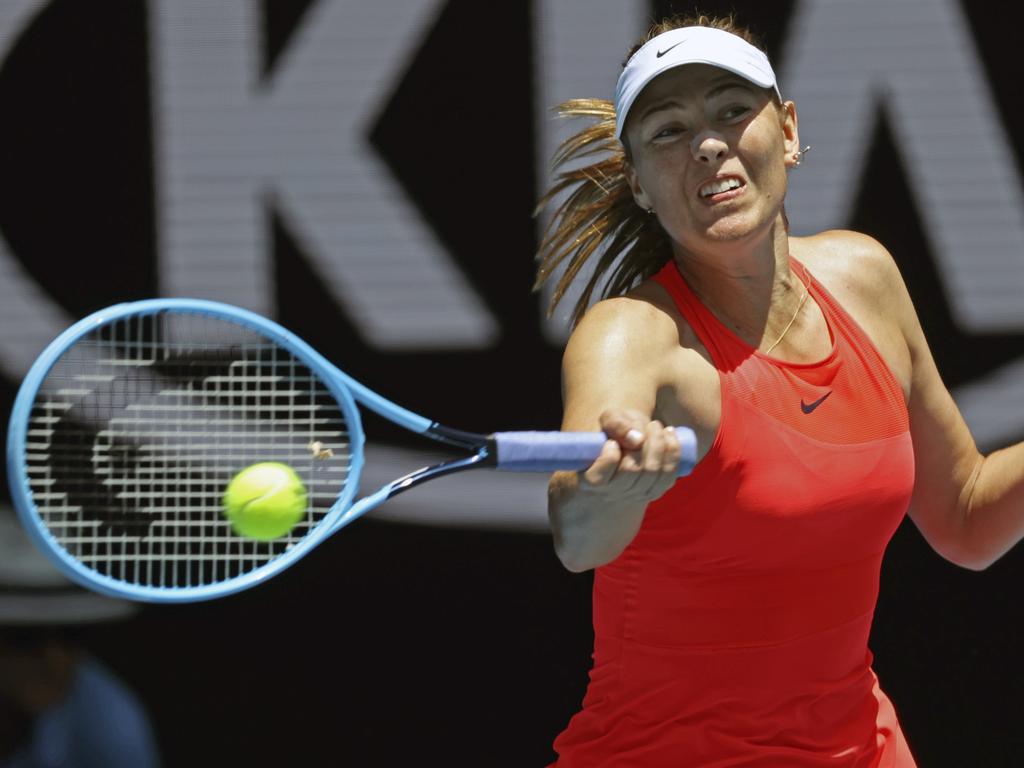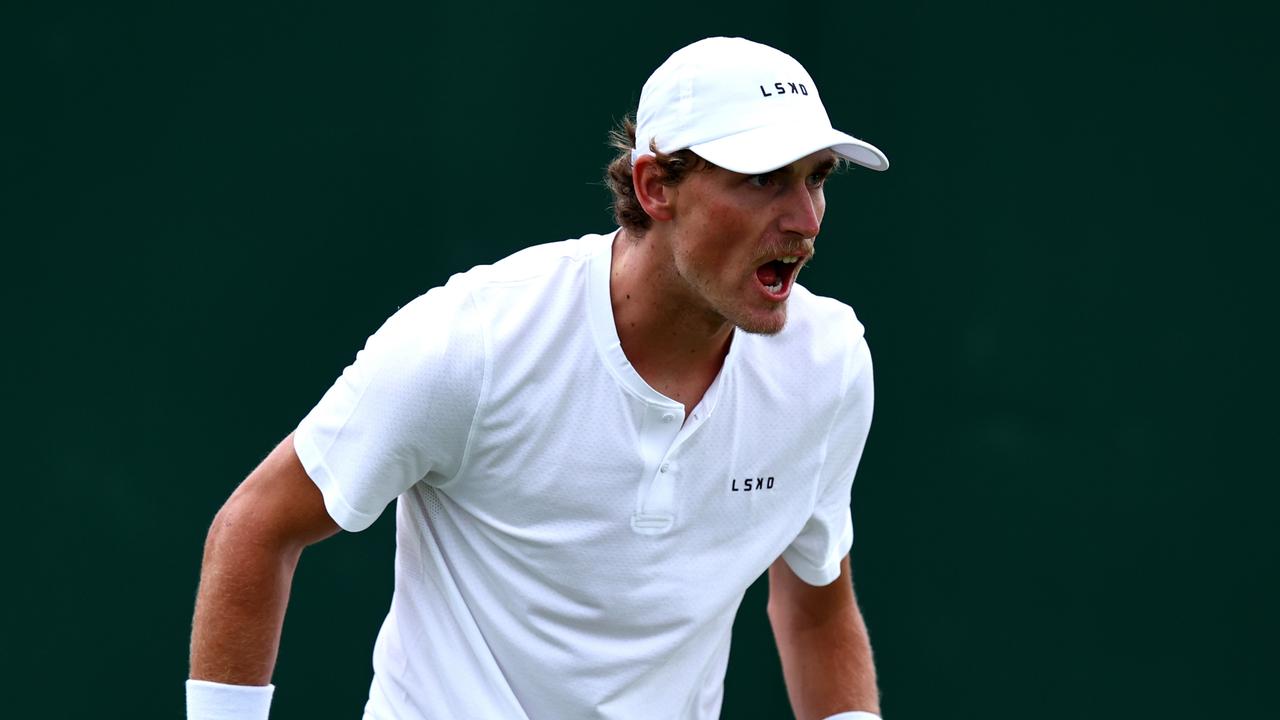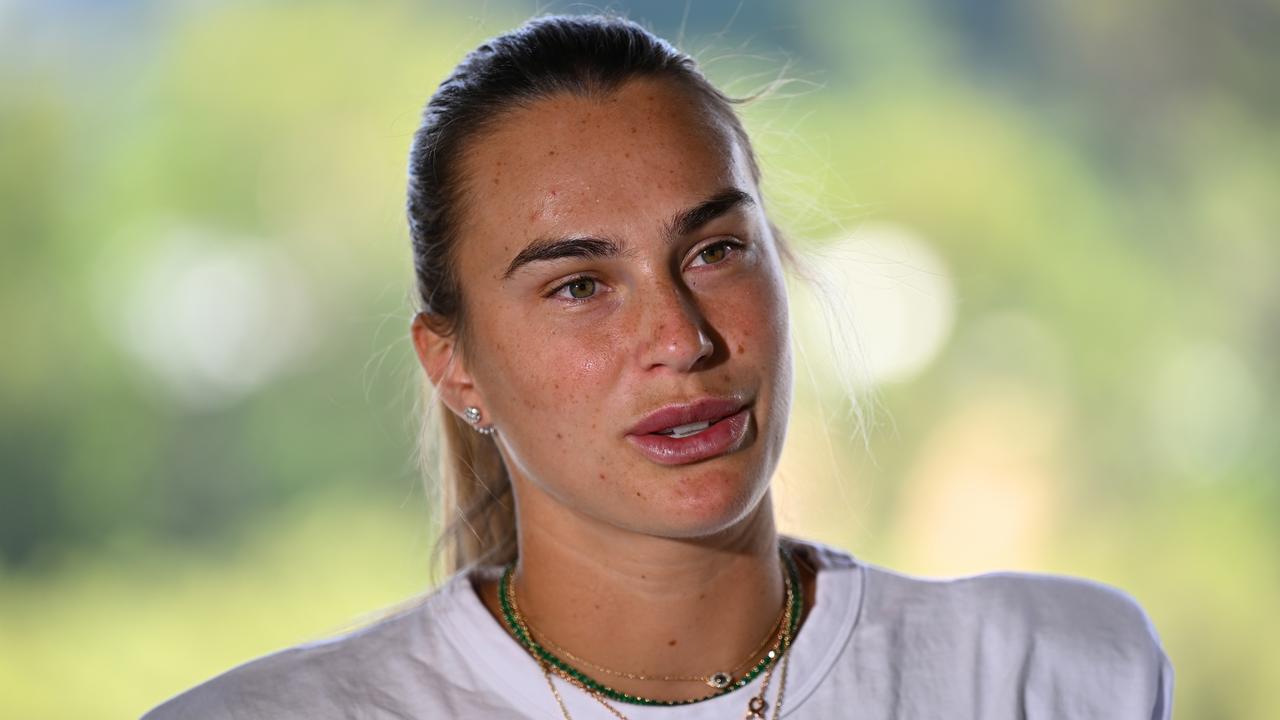WADA is put into a difficult position after the Iga Swiatek and Jannik Sinner drugs cases

Tennis has a problem and its not confined to its top players falling foul of the international drug testing program.
It is what happens afterwards.
For a pattern is emerging that the stars, with their high priced lawyers, are able to extract sanctions out of kilter with those imposed on, say, a player ranked outside of the top 100. And that’s created a conundrum at the very top of the drug testing world.
Ever since Maria Sharapova failed a drugs test in 2016, the sport has taken a sympathetic view to the excuses of its very best.
Sharapova confessed to taking the recently banned meldonium for ten years because of a family history of diabetes and an irregular heart beat, yet had never declared it on the drug testing form, despite listing other medications and supplements.
Tennis imposed a two-year ban which was reduced to 15 months upon an appeal to the Court of Arbitration for Sport.
This week we learned Polish world No.2 Iga Swiatek tested positive to trimetazidine (TMZ), the same drug that cost Russian figure skater Kamila Valieva – aged just 14 – an Olympic gold medal and a four year sanction.
Swiatek listed 14 supplements she took in the week before the October test. But she failed to mention in her bags rattling with pills was melatonin, which it turned out was contaminated with the TMZ.
She was tired, she told the International Tennis Integrity Agency (ITIA) in explaining her omission. The investigators raised their eyebrows saying this was unsatisfactory, but accepted it regardless. She agreed to a one month ban, significantly less than the six months handed to Czech player Nikola Bartunkova, ranked No.226 in the world, earlier this year.
Like Swiatek, ITIA ruled Bartunkova’s positive test to TMZ was from a contaminated supplement and “the violation was not intentional, and that the player bore no significant fault or negligence”.
The ITIA explained away the sanction anomaly of the two women saying Swiatek “reasonably perceived a lower-degree of risk of contamination due to the higher regulatory standards for medicines in the European Union.”
Also this year we have seen men’s world No.1 Jannik Sinner testing positive to the steroid clostebol, twice, in March and was allowed to keep playing. Two emergency hearings before an independent tribunal chair appointed by Sport Resolutions successfully lifted two provisional suspensions within days.
The ITIA accepted Sinner’s reason that transdermal transfer had occurred from his physiotherapist who had used a cream on a cut finger. The World Anti Doping Agency didn’t agree and appealed to the CAS saying athletes have to be responsible for drug test results, and have asked the court to impose a two-year ban on the Italian player.
Of course this is the same WADA which refused to initiate an appeal to CAS about the 23 drug tests of Chinese swimmers, who tested positive to TMZ before the Tokyo Olympics. WADA’s acceptance of the Chinese explanation of contamination has caused a deep split in the drug testing world.
It will be intriguing as to what WADA decides to do upon reviewing the Swiatek decision. Does the WADA pursue Swiatek after their leniency with the Chinese using the same drug and insist on a longer sanction for the tennis player?
Or will they be seen to chase Sinner, but not Swiatek, for “relaxed” ITIA sanctions?





